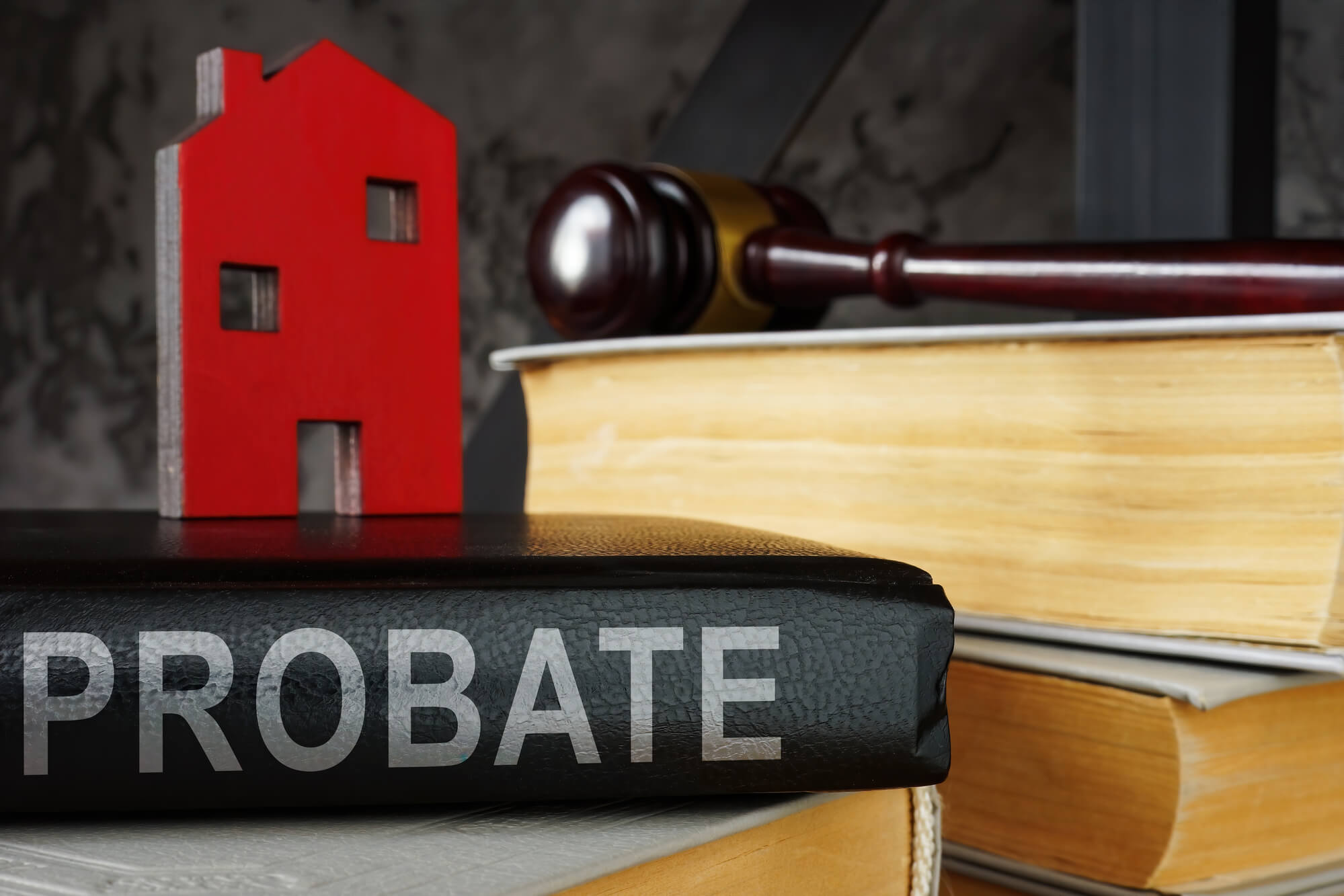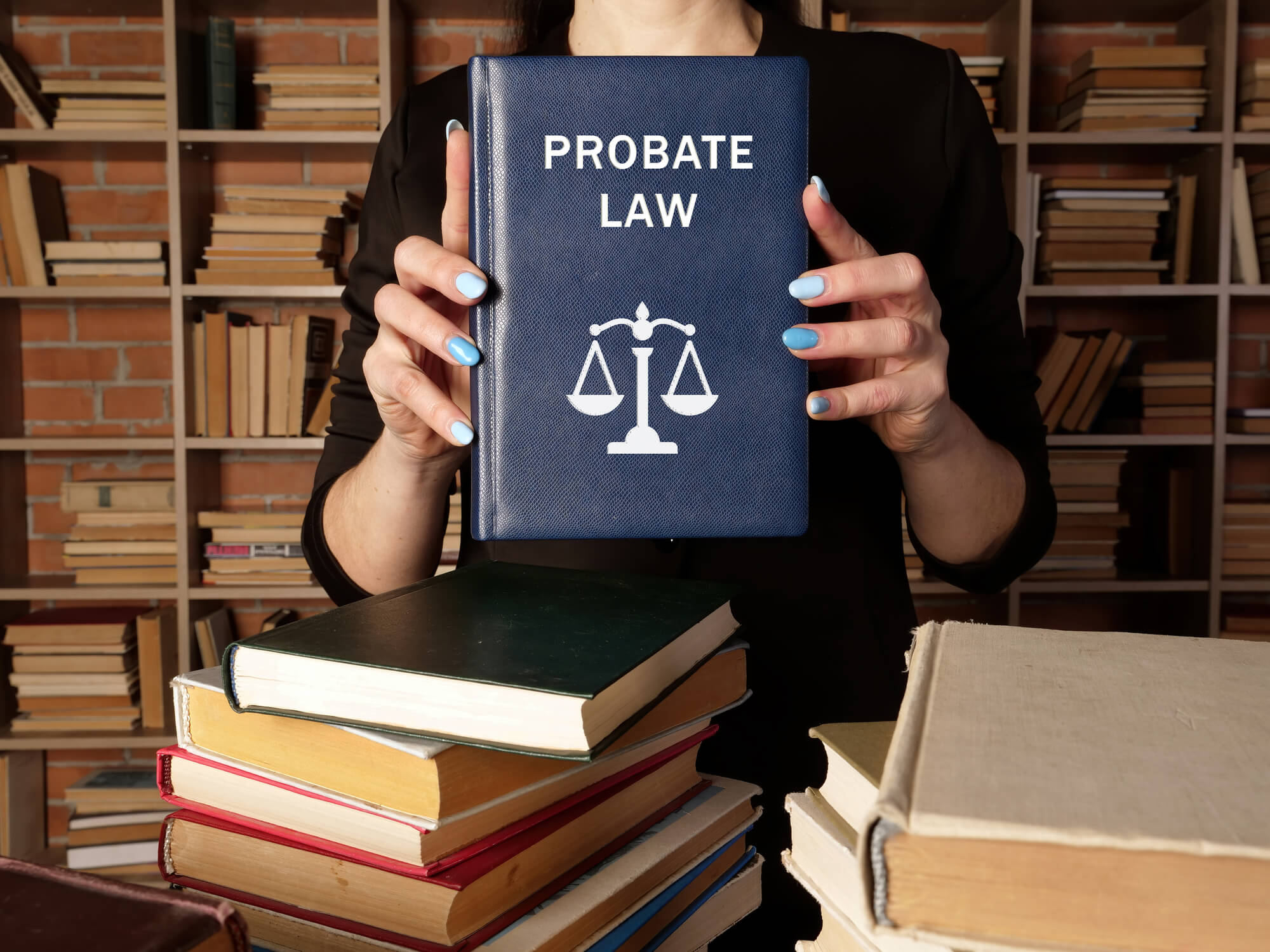The probate process and the estate administration process takes between 9-12 weeks. In situations where the deceased had small and uncomplicated property, the probate timeline is much shorter.

What is a probate? This is the legal right to oversee the affairs of the deceased person before the estate is distributed according to the will. At times, probate matters may be complicated and present unforeseen difficulties. The duration of the probate process depends on the size and complexity of the estate of the deceased person. This can take in the UK between a few months to a couple of years.
Did the deceased have property elsewhere other than in the UK? Does the family know of the demise? Did the deceased have a will? Are there any family members that are contesting the contents of the will? These are number of things that have a significant impact on the duration of the probate process.
As an executor or probate solicitor, the first and crucial step before applying for probate is reporting the estimated value of the deceased’s estate to the probate registry. From there, they will issue you with a grant of probate or letter of administration if the deceased did not have a will.
Call now to see how we can help
0207 706 7554At Clearance Solutions, we offer professional probate service when it comes to house valuation for probate. Our services involve an experienced, qualified, independent valuer visiting your property to appraise its contents. The valuer then returns with the full report within 72 hours of the visit.
For house contents that are worth a significant value, we always have our expert evaluators carry out a detailed survey so that they can provide accurate valuation of the property. From jewellery to valuable possessions, our probate specialists have the capability and expertise of valuing such items.
Apart from being accurate and efficient, our services which focus on valuing personal possessions for probate, are HMRC compliant. Getting the right value for the property is crucial since you will be able to determine the amount of inheritance tax that is due (if any).
If you value the estate too high, you could end up paying more tax than required. Value it too low and it could be a case of fraud. Clearance solutions will help you get that accurate number by providing an expert valuation for house contents to combine with the rest of the estate’s total value.
How long does probate take to be granted?

Once you submit the documents showing the total value of the estate to the HMRC, they will confirm the amount of inheritance tax that is due(if any). It is advisable to deal with the taxes before applying for any grant of representation.
A grant of representation is a legal document that proves your legal right to sort out the estate of the deceased. With the document, you will be able to access the deceased person’s bank accounts, sort out any outstanding debts, settle any inheritance tax and make sure the estate is given to the right people.
The two types of grants are:
- Grant of probate
- Letter of administration.
A grant of probate is applied if the deceased left a will. In cases there’s no will, you apply for a letter of administration. The probate process is different in Scotland and Northern Ireland. For a place like Scotland, a certificate of confirmation will be needed in both cases. It is advisable to consult with your local probate office if you need any clarity.
There is no timeline to apply for probate. Although there’s a timeline for dealing with inheritance tax. It should be dealt with within 6 months of death.
Call probate specialist on 0207 706 7554 to help you to apply for a grant of probate.
After the probate application, it takes 3 to 5 weeks for the probate registry to grant probate or issue letters of administration. As long as the application was not done properly and the estate was not easy to review, it is bound to take a longer period.
How long does probate take if there’s a will?
The probate duration is shorter when there’s a will involved. This is because it clearly states who should get what, thus saving on loads of time that could have been used gathering all that information. It might take longer if any dispute regarding the will may arise between the beneficiaries.
If the deceased did not leave a will, then you can apply for a letter of administration. In other cases, the law takes on the responsibility of administering the estate if there are no beneficiaries or there is no will due to an untimely death. The law will be the one to determine who the beneficiaries should be through the rules of intestacy.
How long does probate take after swearing oath?

Making sure that the details on the report showing the value of the estate are factual is crucial. Once submitted, you must personally go to the probate registry or a local probate office to sign an oath swearing that the information in your probate application is correct.
After swearing the oath, you can receive the probate or letters of administration within 10 days of accepting the oath. If you swore your oath at a local solicitor’s office, the probate or letters will be issued within 10 days once the probate registry has received your oath.
With probate granted, you can now have access to the deceased assets. This will include bank account, insurance and property deeds. You will then be able to pay off any outstanding debts, inheritance tax and divide the remaining estate among the beneficiaries. This might take you between 6 to 9 months.
When is probate required?
Probate is needed in most cases where property or land is involved. Some of these scenarios are listed below.
- If the amount they had in their bank account exceeds the stipulated threshold set by the bank. This means that the bank cannot release the money without a grant probate. The amount might vary with each bank.
- If they owned any property as well as it’s worth.
- If they had any stock and shares. It is important to put the minimum or maximum threshold set by the registrars into consideration as you may need probate for them to grant you access.
Circumstances where you will not need to apply for probate
Probate is important in administering the estate of a loved one, there are other circumstances where it is not necessary. In this case, you will need the deceased’s death certificate and your identification to gain access to the estate. Some of these situations are as listed below:
- If the deceased had jointly owned land or property, shares or money. They’ll be automatically passed to the surviving owners.
- If the deceased only had savings on premium bonds.
- If the estate is insolvent. Taxes, expenses and existing debt owed by the deceased is usually paid off from the estate. This might include anything that can be converted to money, from jewellry, art and antiques collections, cars, homes and valuable belongings.
- If there are no shares, property or land in the estate there will be no need for probate to gain access as it will be a small estate.
From all that we’ve discussed above, we can see the importance of accurately valuing your loved ones estate. You certainly do not want to pay any additional inheritance taxes after over valuing the property. Even worse, being suspected of fraud for undervaluing the estate.
This brings about the necessity of having an efficient and reliable property valuation specialist. We offer our cost effective services where our clients can choose between the standard or specialist package ( recommended for individuals with large collections of valuables ).
With Clearance estate administration service, you will be able to obtain an accurate probate report in accordance with the HMRC guidelines within a reasonable timeline. If you need any valuation of the house or property itself, or any other assets like stock shares and bonds, we are always happy to recommend the professional assistance you might need.
Call now to see how we can help
0207 706 7554










